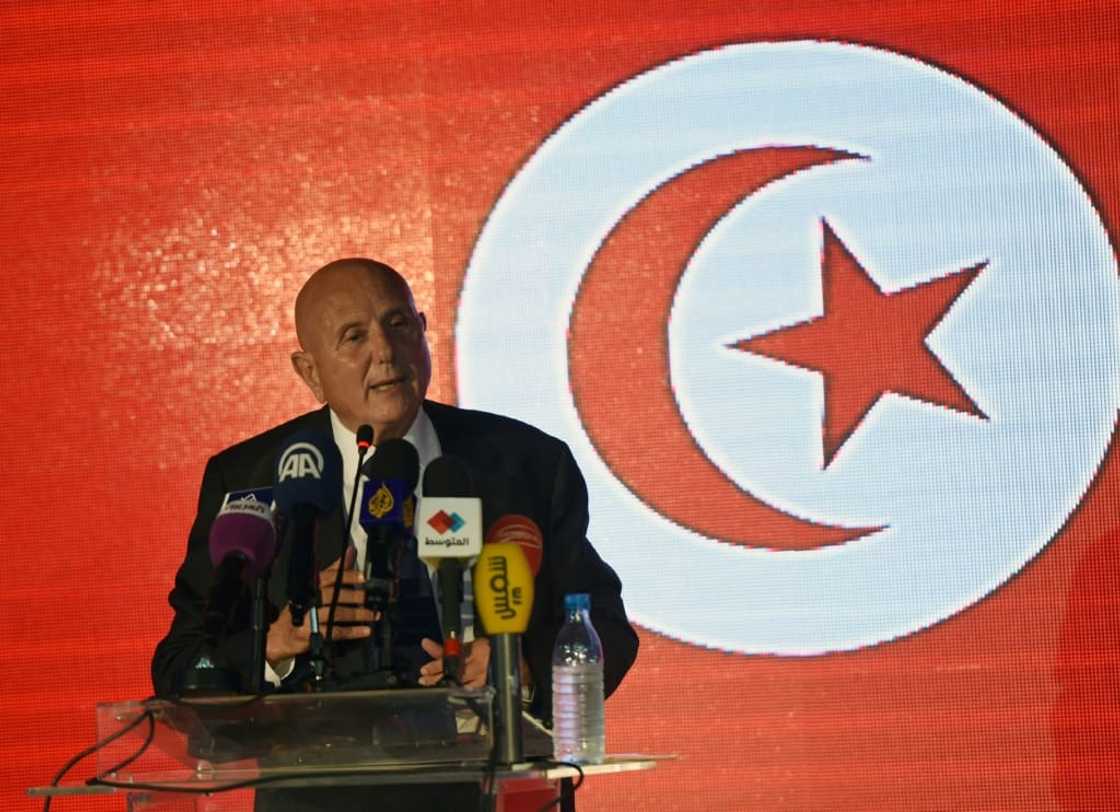Tunisia opposition renews calls for referendum boycott

Source: AFP
New feature: Check out news exactly for YOU ➡️ find “Recommended for you” block and enjoy!
A Tunisian opposition alliance renewed calls Monday for a boycott of a July 25 referendum on a new constitution promoted by President Kais Saied, despite the publication of an amended draft.
The draft constitution is the centrepiece of Saied's programme to overhaul Tunisia's political system, but rivals say the text confirms fears he is seeking to reinstall an autocracy in the birthplace of the 2011 Arab Spring uprisings.
"We call on Tunisians to boycott this illegal, unconstitutional process that aims to legitimise a coup d'etat," veteran opposition figure Ahmed Nejib Chebbi, leader of the National Salvation Front, told AFP on the sidelines of a news conference in Tunis.
Chebbi told reporters that rights and freedoms in the North African country would be threatened if the charter was approved.
"For me it's the quintessential bad constitution," he said.
The National Salvation Front (FSN) includes five political parties, among them Saied's nemesis the Islamist-inspired Ennahdha party, along with five civil society groups involving independent political figures.
PAY ATTENTION: Follow us on Instagram - get the most important news directly in your favourite app!
It was formed in April, months after Saied, a former law professor elected in 2019 amid public anger against the political class, on July 25, 2021 sacked the government and suspended parliament, later seizing far-reaching legislative and judicial powers.
Saied's initial power grab was welcomed by many Tunisians sick of the often-stalemated post-revolution political system.
But critics have warned his moves risk a return to autocracy, a decade after the 2011 overthrow of dictator Zine el Abidine Ben Ali in a popular revolt.
The process of writing the constitution has also come under fire.
The legal expert who oversaw the constitution's drafting has disavowed it, saying it was "completely different" from what his committee had submitted and warning that some articles could "pave the way for a dictatorial regime".
Then last week, Saied published an amended draft, apparently attempting to ward off criticism after the original was blasted for the nearly unlimited power it gave his office.
On Monday, Jawhar Ben Mbarek, FSN member and leader of "Citizens Against the Coup", urged Tunisians to "massively reject this referendum".
"We reject the entire process," he told AFP. "We are committed to the 2014 constitution, which we consider to be the only legal constitution, representative of the will of the Tunisian people."
New feature: check out news exactly for YOU ➡️ find "Recommended for you" block and enjoy!
Source: AFP

